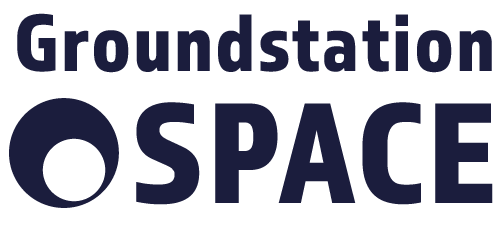Extra Eyes for Water Managers

Dutch water managers take measures to ensure that it is not too dry or too wet. They do this on the basis of their available data on ditches, rivers, quays, meadows, locks, etc. This data is not always up-to-date. Therefore the Dutch government is inviting companies to build a software application based on satellite data. This new system should automatically detect changes, so interventions can happen quicker.
“It now takes a lot of effort to detect changes in our management area. Think of shrubs that grow into ditches or a contractor who does his work slightly differently than what he was licensed for.” Jeroen Waanders of the Drents Overijsselse Delta Water Board welcomes new technology that can help improve ‘mutation detection’. “Of course we use aerial photos that the Dutch government provides twice a year, but the frequency is too low to be able to intervene quickly. It is difficult for our inspectors to immediately determine something unwanted. Having concrete signals based on satellite images, which are available at least six times a year, will be a massive improvement.”
Game changer
The Water Authority is one of the partners in a project that the Netherlands Space Office (NSO) has set out. The invitation to the Dutch business community to build a mutation detection system for all water managers is now out. After summer, four companies, that are still to be selected, will start. These four selected companies will receive an innovation contribution from the Dutch space budget. Next year, a maximum of two of them will be selected to continue to develop a prototype.
Waanders has high expectations: “It would be too big a job for an individual Water Authority, but together we can make this work. The application that we hope will be developed will automatically analyse images for changes, details of what these changes entail and when the change happened. Modern software will train itself by learning from what it detects. This ‘artificial intelligence’ must learn to distinguish as many different situations as possible. So the more water managers, each with their ‘own’ bottlenecks, are involved, the more effective the system becomes. We must learn from each other to become smarter. This is going to be a huge game changer!”
Manna from heaven
Peter Roumen, responsible for innovation in licensing, supervision and enforcement at Rijkswaterstaat (RWS), agrees. RWS also first attempted to do mutation detection only with aerial photography. “We had to conclude that a lot of – expensive – photo flights would be needed to make that method suitable for the entirety of the Netherlands. We also learned from that pilot that it is important that the information is made accessible through computer programs that our supervisors are accustomed to, otherwise a lot of time and energy will be wasted. ”
Time is of the essence, also because increasing numbers of people at Rijkswaterstaat and the Water Authorities are retiring. The inspectors will soon be able to work more efficiently, because the satellite information will alert them where things may be wrong. “The computer is not going to take over their work, on the contrary. They will manage their area much more effectively, without much extra effort. This innovation seems manna from heaven, almost literally.” says Roumen with a laugh.
Small Business Innovation Research (SBIR)
“Before all Dutch water managers can update their information automatically, it will be 2022”, estimates NSO project leader Mark Loos. And, although nobody seems to have any doubts, it must first be shown that it is possible at all. About half a million euros is available for this project from potential users and the SBIR scheme (Small Business Innovation Research). The NSO uses this scheme to encourage companies to develop a new type of service for social issues, of which satellite data are an important component.
Two umbrella organizations of water managers are also involved in this SBIR: the Water Authority for the IT coordination in the sector and the STOWA knowledge centre for the financial-administrative side. Rijkswaterstaat and all Water Authorities will become the main users of the new system. This means that the first milestone has already been set, because all 21 water boards, Rijkswaterstaat and STOWA are participating in this process. However, the application areas could soon transcend those of just water management, towards the supervision of all infrastructure in the country.
Note: This article was originally published in Dutch by the Netherlands Space Office on 28 July 2020. The original article can be found here: https://www.spaceoffice.nl/nl/nieuws/387/extra-ogen-voor-waterbeheerders.html
Groundstation.space supports and develops innovation projects in the space domain and can support you in identifying opportunities, searching for partners as well as proposal and project management. Please see this page and contact Linda van Duivenbode for more information.













